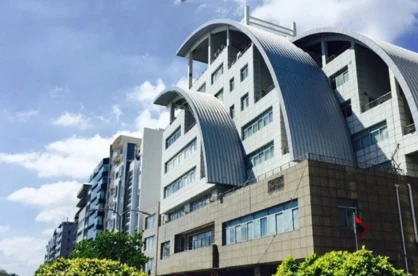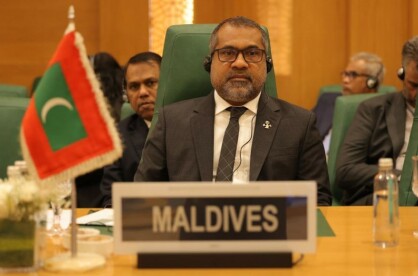In the small island nation of the Maldives, a
health crisis has quietly unfolded over the past three years. Alarming data
exposes that over 50,000 individuals sought treatment specifically for
heart-related issues, presenting a troubling overview of the health challenges
faced by the inhabitants. The magnitude of these health concerns raises
questions about the adequacy of the healthcare system and the overall
well-being of the population in this compact island nation.
This, however, is not the first time that
questions surrounding the growing health concerns in a small island nation such
as the Maldives have been raised. In the past few years, healthcare
professionals have also been shedding light on the increasing concerns around
the rapid increase in cancer rates in the Maldives, highlighting that some
major changes need to be brought about to the day-to-day lifestyle in the
Maldives.
However, it is not just the day-to-day life
choices that have been contributing to the increase, as there is a large number
of factors to take into account. According to Aasandha Managing Director, Aminath Zeeniya, a staggering 57,709 patients received medical attention for
heart and cardiovascular diseases between 2021 and 2023. These encompassed a
spectrum of conditions, ranging from cholesterol complications and high blood
pressure to strokes - signalling a substantial burden on the healthcare system.
Alongside the rising concerns regarding heart
conditions, lung-related diseases have become the second most prevalent health
issue in the Maldives, with 35,806 patients seeking treatment through Aasandha.
Suspected contributors include the growing smoking and vaping culture, leading
to increased respiratory problems.
Additionally, the surge in motorized
vehicles has elevated air pollution levels, adversely affecting lung health.
This complex interplay of environmental factors and lifestyle choices calls for
targeted public health campaigns, heightened awareness about the risks of
smoking and vaping, and regulatory measures to control vehicular emissions.
Addressing these root causes is crucial for fostering a healthier future for
the Maldives' residents.
Diabetes followed closely behind, affecting
30,803 individuals, while kidney-related ailments garnered the fourth-highest
number of patients, totalling 11,635. Additionally, 3,294 people sought
treatment for cancer during this period, underscoring the multifaceted health
challenges gripping the Maldives.
These stark figures shed light on a growing
health crisis, challenging the conventional perception of the Maldives as
merely a tourist haven. The government's response has been the introduction of
comprehensive medical check-up packages under Aasandha, aimed at maximizing the
efficiency of patient diagnoses. These packages, categorized into four types
with gender-specific tests, are designed to identify health issues at an early
stage.
With the government already allocating
significant funds annually for treatments, early testing becomes a strategic
avenue for minimizing costs and maximizing the impact of healthcare
interventions.
Beyond mere numerical figures, the unfolding
health narrative in the Maldives paints a picture of escalating concerns. The
nation grapples with the intricate intersection of changing lifestyles and
environmental influences, standing at a crossroads of a growing health
challenge. Recognizing this complexity underscores the need for tailored
healthcare strategies and heightened public awareness.
A one-size-fits-all approach proves
insufficient; the imperative lies in developing targeted interventions that
address the specific health needs of the population. As the Maldives confronts
these challenges, prioritizing preventive measures, early detection, and
accessible healthcare services becomes paramount. By doing so, the nation can
lay the foundation for a resilient and healthier future.







